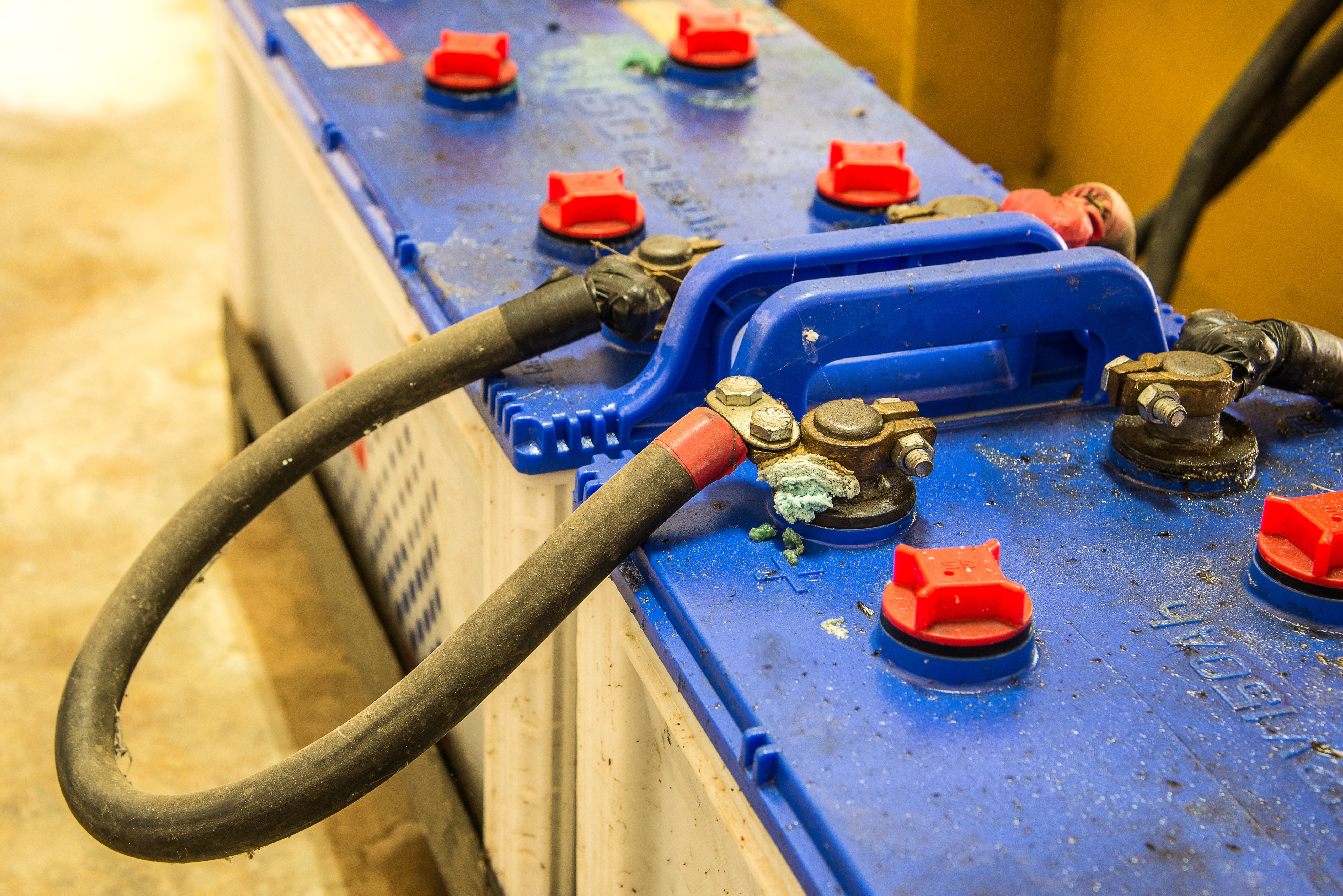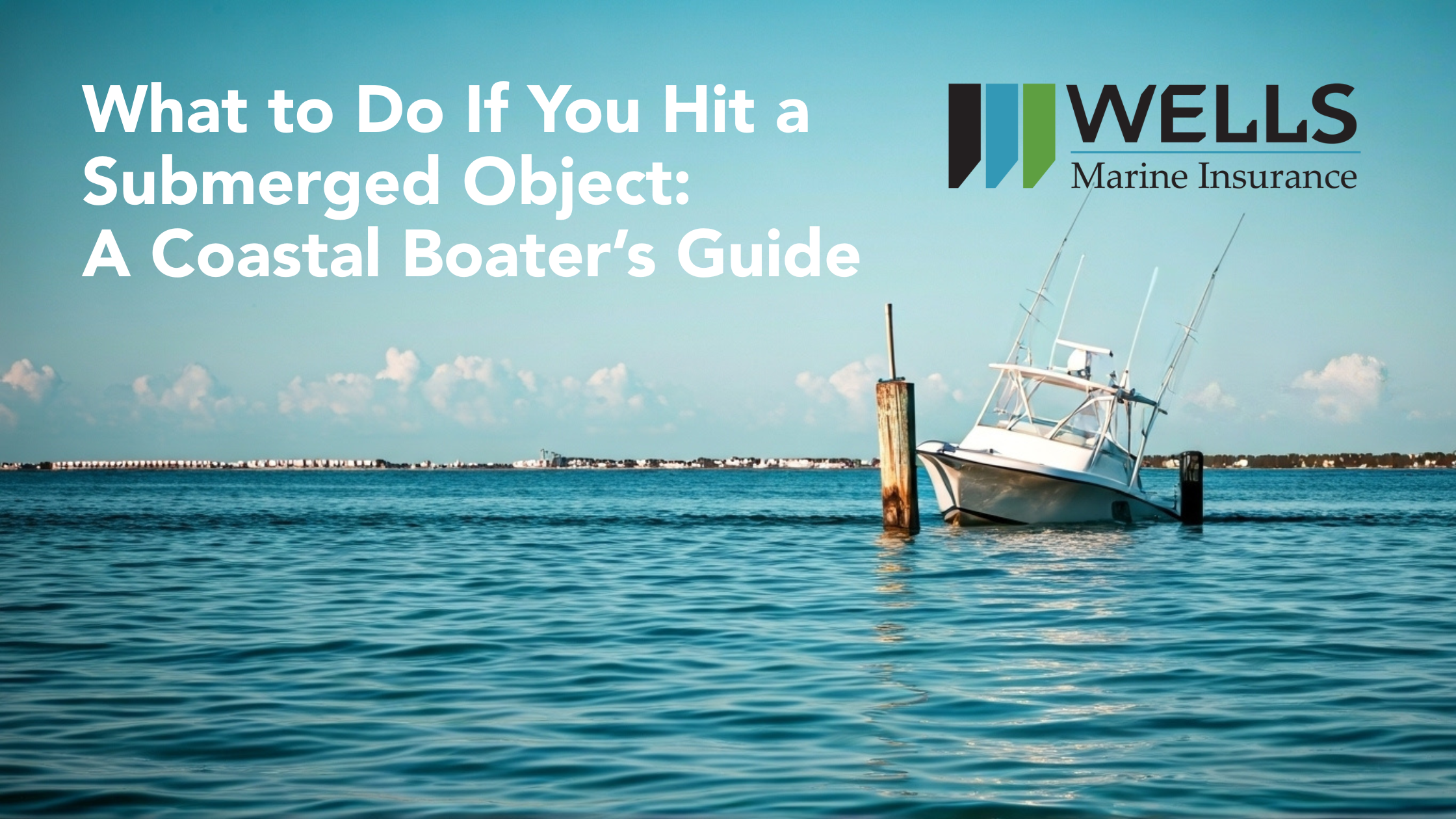Powering Up Safely: The Boater’s Guide to Marine Batteries

Marine batteries might not be the most exciting part of boating, but they’re one of the most important. Whether you’re running electronics offshore or just keeping the bilge pump humming, a reliable battery setup keeps your time on the water safe and stress-free.
Here’s a quick guide to understanding, maintaining, and protecting your boat’s power source.
Know Your Battery Type
Not all marine batteries are created equal. Most boats use one of these three types:
-
Starting Batteries: Deliver a quick burst of energy to start your engine.
-
Deep Cycle Batteries: Provide steady power for electronics, trolling motors, and other onboard systems.
-
Dual-Purpose Batteries: Offer a balance between starting and deep-cycle performance.
- Rechargeable Batteries: Some trolling motors utilize Lithium-iron or Lithium-ion batteries. Li-iron is more stable, but be very careful with Li-ion, due to the risk of short-circuiting, corrosion, and thermal runaway when combined with saltwater.
Knowing what your boat uses helps you charge and maintain it correctly.
Keep It Clean and Charged
Corrosion is a marine battery’s biggest enemy. Regularly inspect terminals for buildup and clean them with a wire brush and a mix of baking soda and water. Make sure connections are tight and coated with dielectric grease for extra protection.
When storing your boat, disconnect the battery and keep it fully charged. Letting it drain completely can shorten its lifespan.
Watch for Warning Signs
If your electronics flicker, your engine hesitates to start, or your battery case looks swollen or cracked, it’s time for a replacement. Batteries typically last 3–5 years, depending on use and maintenance.
Safety First
Always wear gloves and eye protection when handling batteries, and never smoke or use open flames near them. When charging, ensure proper ventilation and use a marine-grade charger designed for your specific battery type. This is especially true around fuel tanks, fuel filters, and anywhere gasoline fumes can be present. Explosions can occur if hulls, cabins, and internal compartments are not properly ventilated.
Stay Prepared with the Right Coverage
Even a small electrical issue can cause big problems and potentially leave you stranded if left unchecked. Having the right marine insurance coverage can help with repairs and protect your investment if electrical damage occurs.
If you’re unsure whether your policy includes coverage for electrical or mechanical failures, give the Wells Marine Insurance team a call. We’re always happy to review your coverage and help you stay powered up and protected.


